Comments
- No comments found
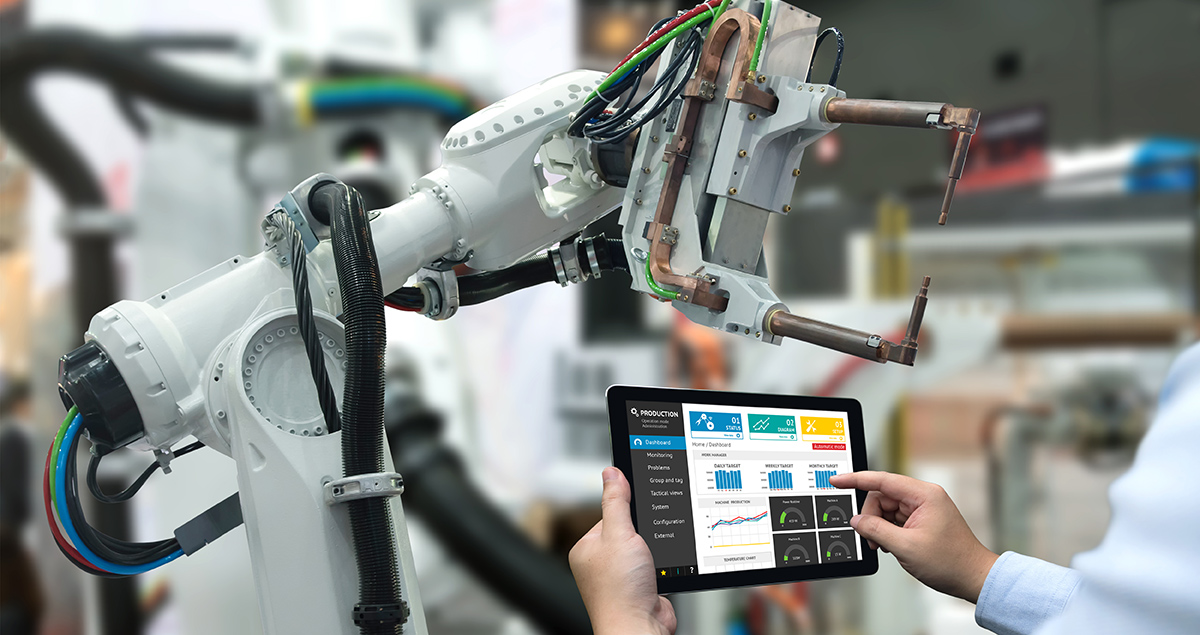
Artificial intelligence (AI) is rapidly changing the engineering world.
From enhancing the design process to enabling more efficient manufacturing and construction, AI is transforming every aspect of the engineering field. In this article, we will explore the ways in which AI is reshaping engineering, and the potential benefits and challenges of this transformation.
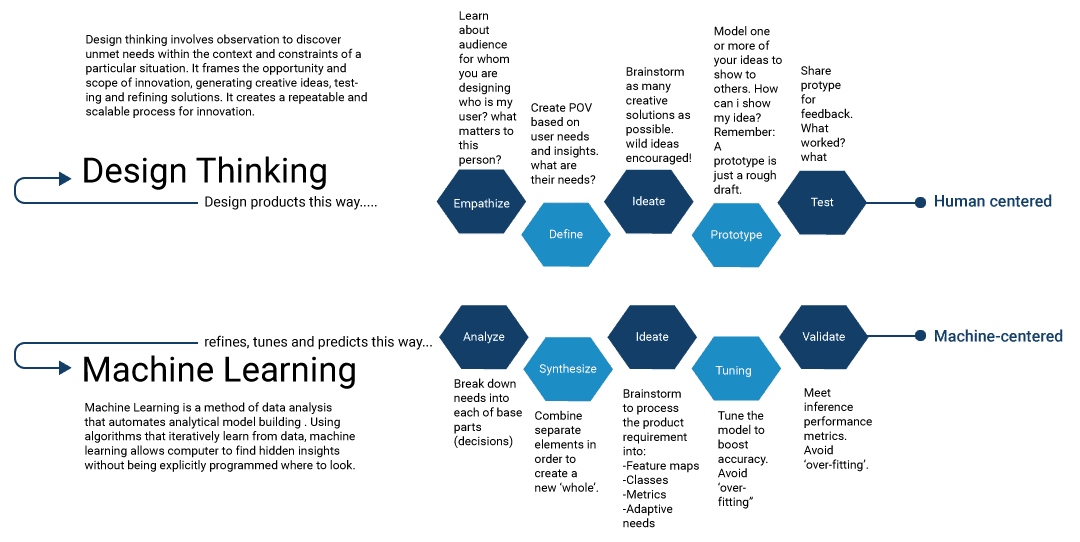
One of the most significant ways in which AI is reshaping engineering is in the design process. By using AI algorithms, engineers can optimize designs and simulate the behavior of complex systems. This not only saves time but also results in more efficient and effective designs. Here are some examples of how AI is being used in the design process:
Generative Design: AI-powered generative design tools use algorithms to create multiple design options based on user input. This allows engineers to explore a wider range of design possibilities and optimize their designs for factors such as weight, strength, and cost.
Simulation: AI-powered simulation tools enable engineers to create virtual models of complex systems and simulate their behavior under different conditions. This allows engineers to test and refine their designs before moving to the physical prototyping stage, saving time and reducing costs.
AI is also transforming the manufacturing and construction industries by enabling greater automation and efficiency. By using AI-powered robots and machines, manufacturers and construction firms can increase their output while reducing their costs.
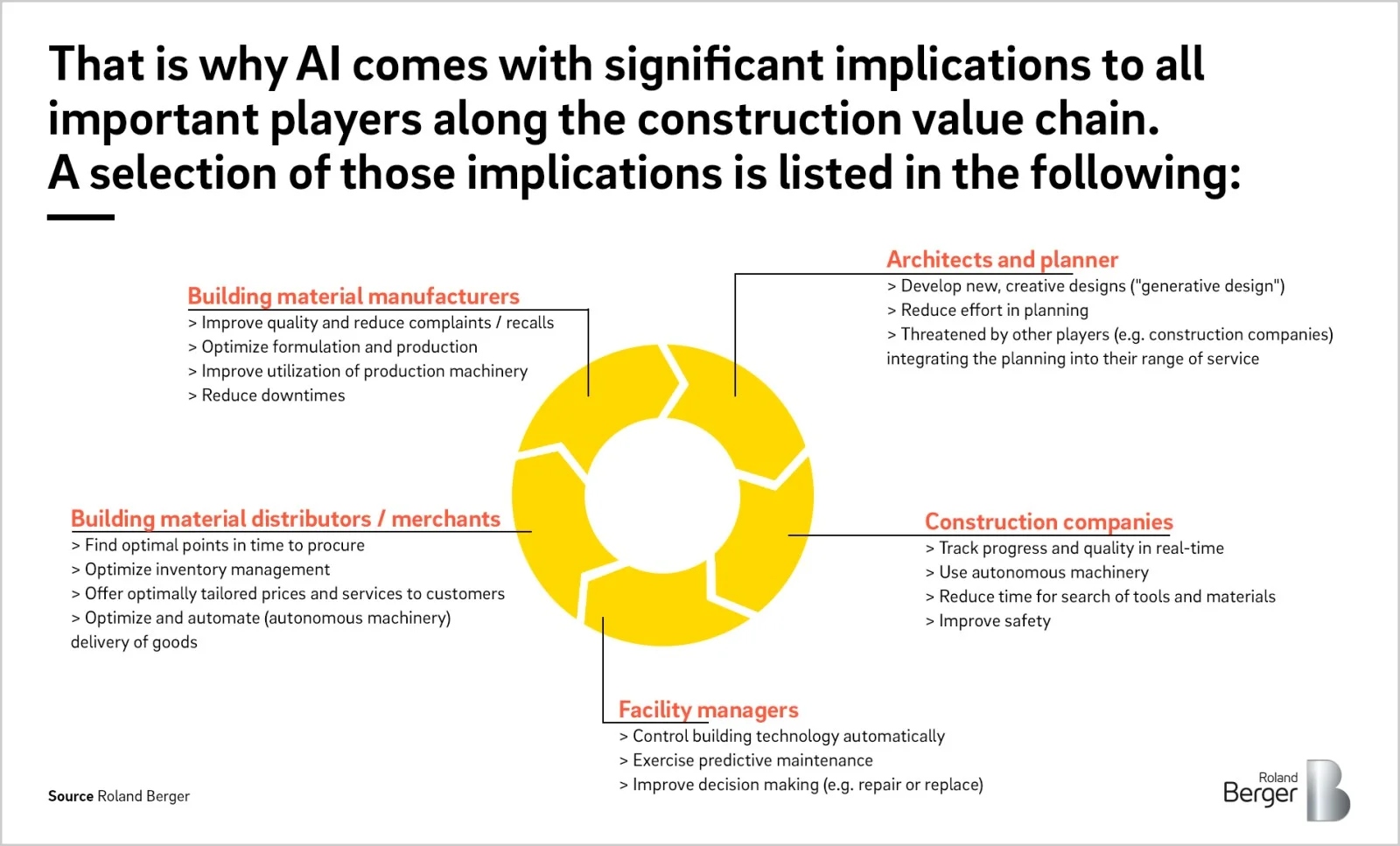
Here are some examples of how AI is being used in manufacturing and construction:
Robot Automation: AI-powered robots can perform repetitive and labor-intensive tasks, such as welding and assembly, more efficiently and accurately than human workers. This can lead to higher productivity and improved product quality.
Additive Manufacturing: Additive manufacturing, or 3D printing, is a manufacturing process that uses AI algorithms to optimize designs for printing. This results in more efficient and effective manufacturing processes, with less waste and higher quality products.
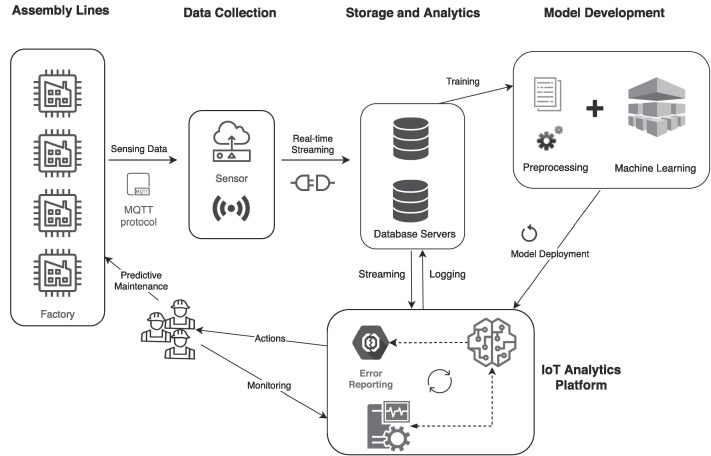
One major area where AI is reshaping engineering is in the field of predictive maintenance. By using AI algorithms to analyze data from sensors and other sources, engineers can predict when maintenance will be required and take action before a breakdown occurs. This can help to reduce downtime and maintenance costs, and improve the overall reliability of equipment.
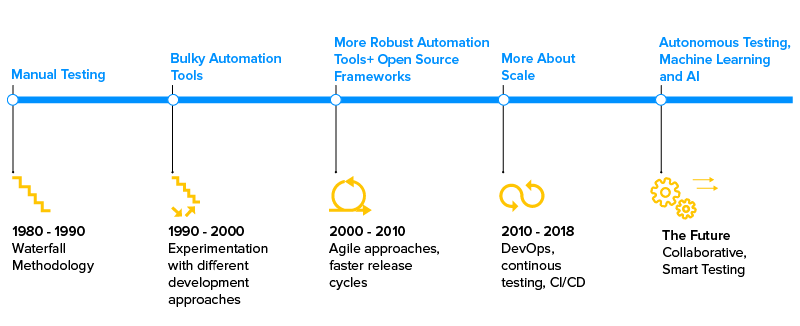
Artificial intelligence can also be leveraged to improve the efficiency of engineering processes. By analyzing data and identifying patterns, engineers can optimize processes to reduce waste and improve efficiency. For example, AI algorithms can be used to optimize supply chains, improve logistics, and reduce energy consumption.
AI is also used to improve quality control in engineering. By using machine learning algorithms, engineers can analyze data from sensors and other sources to identify defects and anomalies in real-time. This allows for faster identification and correction of quality issues, improving product quality and reducing costs.
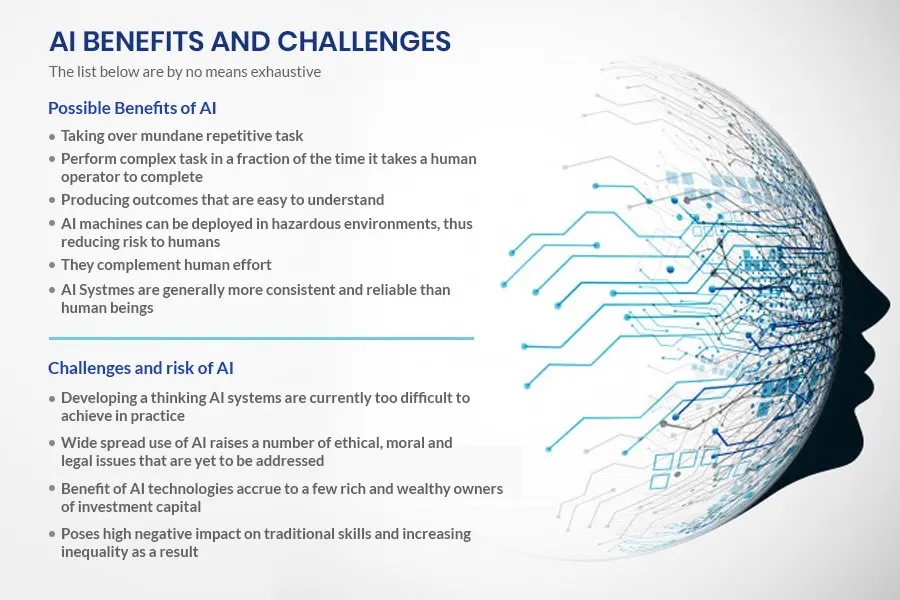
While the potential benefits of AI in engineering are significant, there are also several challenges and considerations that must be addressed. These include:
Data Quality: The accuracy and quality of data are critical to the success of AI algorithms. Therefore, it is essential to ensure that data is clean, accurate, and relevant.
Bias: AI algorithms can be biased if they are trained on biased data. This can result in inaccurate or discriminatory outcomes, which can have serious consequences.
Privacy and Security: As AI algorithms analyze vast amounts of data, it is essential to ensure that privacy and security are maintained. This includes protecting sensitive information and preventing unauthorized access.
Human Interaction: While AI can automate many engineering processes, human interaction is still essential for many tasks, such as decision-making, creativity, and problem-solving. Therefore, it is important to find a balance between human and AI involvement in engineering processes.
Regulation and Ethics: As with any technology, AI in engineering must be regulated and governed by ethical standards. This includes ensuring that AI is used safely and responsibly, and that potential risks are identified and mitigated.
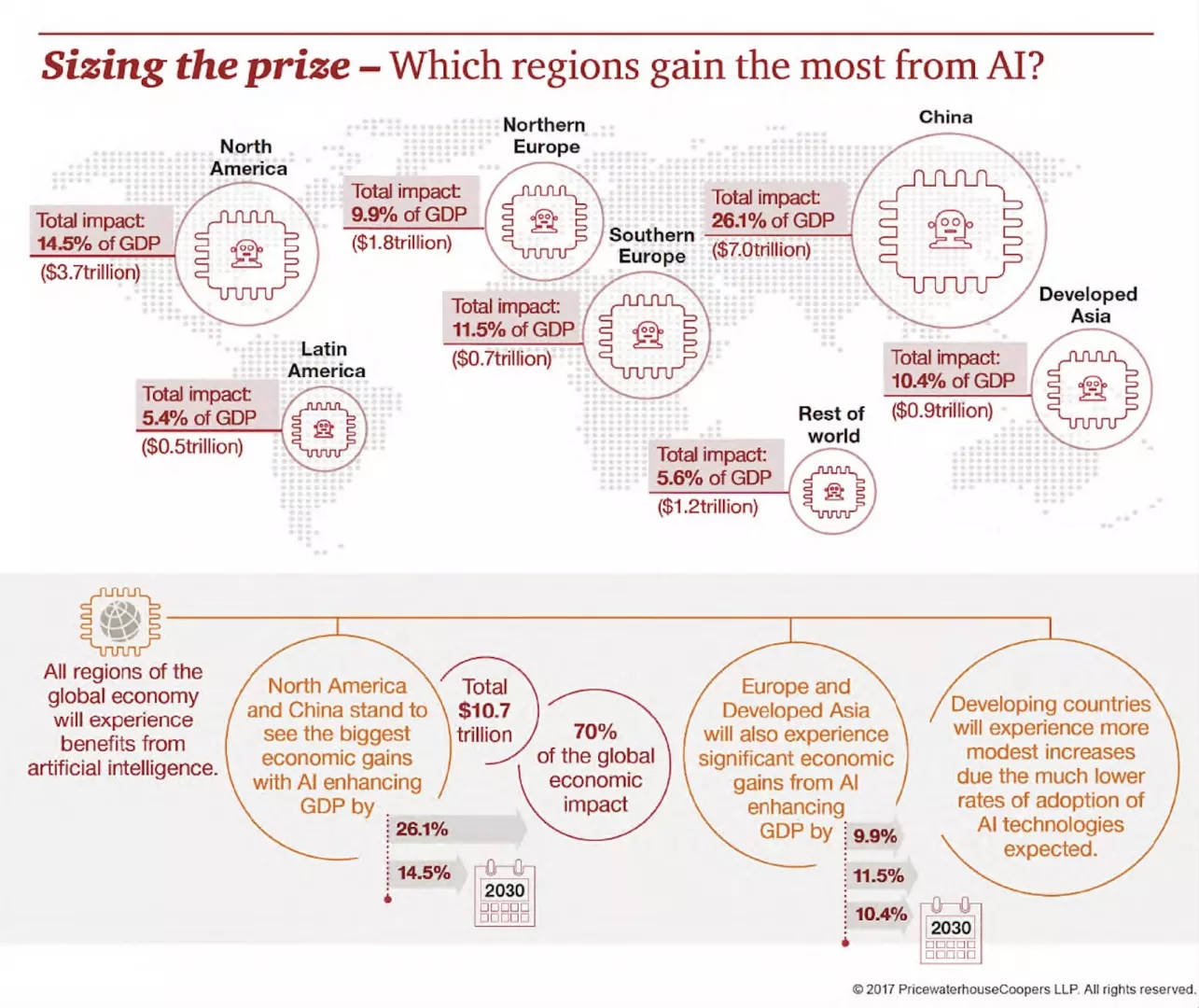
The future of AI in engineering is exciting and full of potential. As AI algorithms become more advanced and sophisticated, they will continue to transform every aspect of the engineering field. Here are some potential future prospects for AI in engineering:
Personalized Design: AI algorithms can be used to create personalized designs based on individual user requirements and preferences.
Collaborative Engineering: AI can be used to enable collaboration between engineers from different disciplines and locations, improving communication and coordination.
Autonomous Manufacturing: AI-powered manufacturing processes could enable autonomous factories with minimal human involvement.
Predictive Analytics: AI algorithms can be used to analyze data from multiple sources to provide insights and predictions for future trends and opportunities.
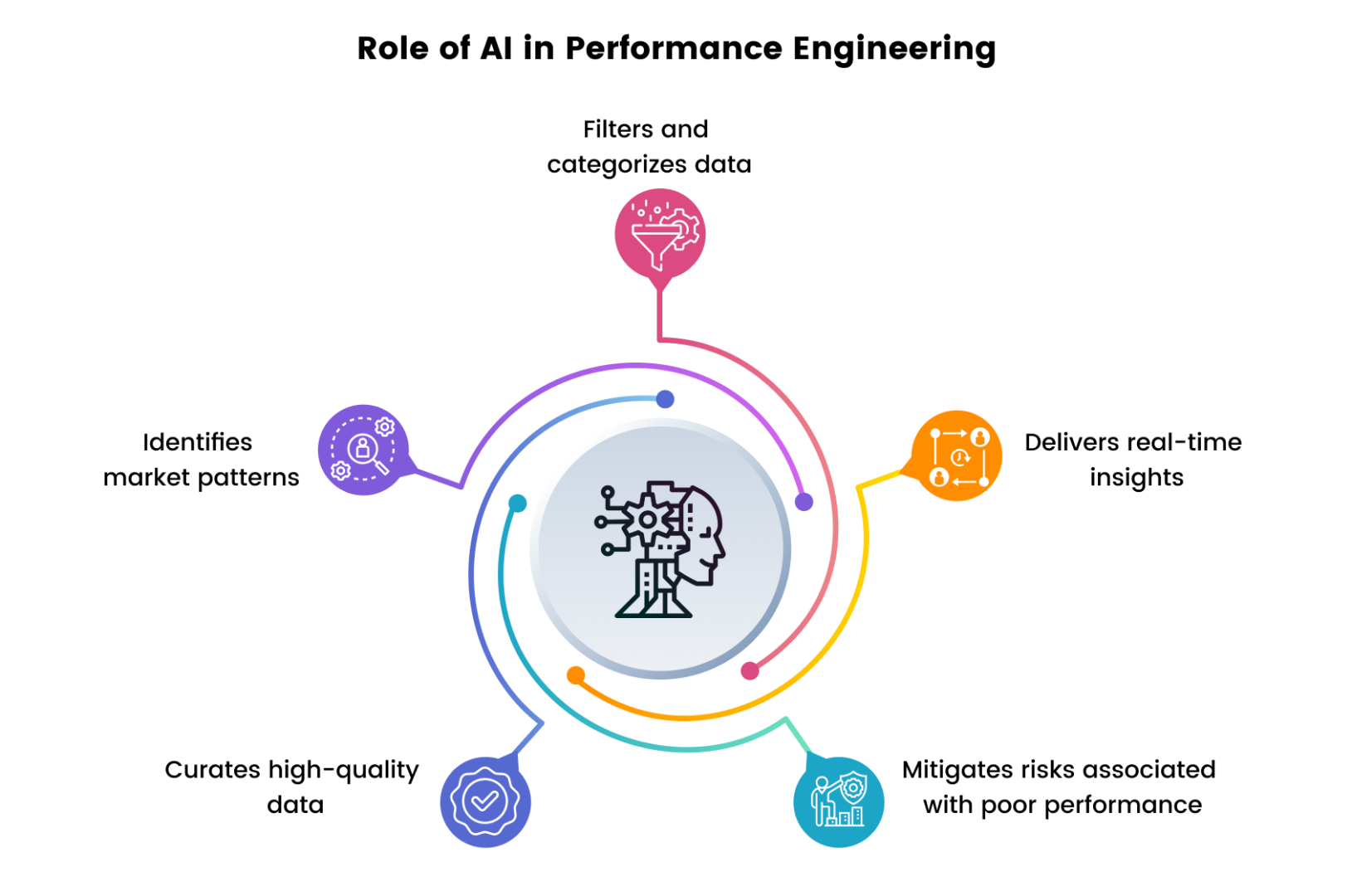
AI is reshaping the engineering field in ways that were once unimaginable. From enhancing the design process to enabling more efficient manufacturing and construction, AI is transforming every aspect of engineering. While there are challenges and considerations to be addressed, the potential benefits of AI in engineering are significant. As we continue to explore the possibilities of AI in engineering, we must ensure that we do so responsibly and ethically, to ensure a better and more sustainable future for all.
Leave your comments
Post comment as a guest